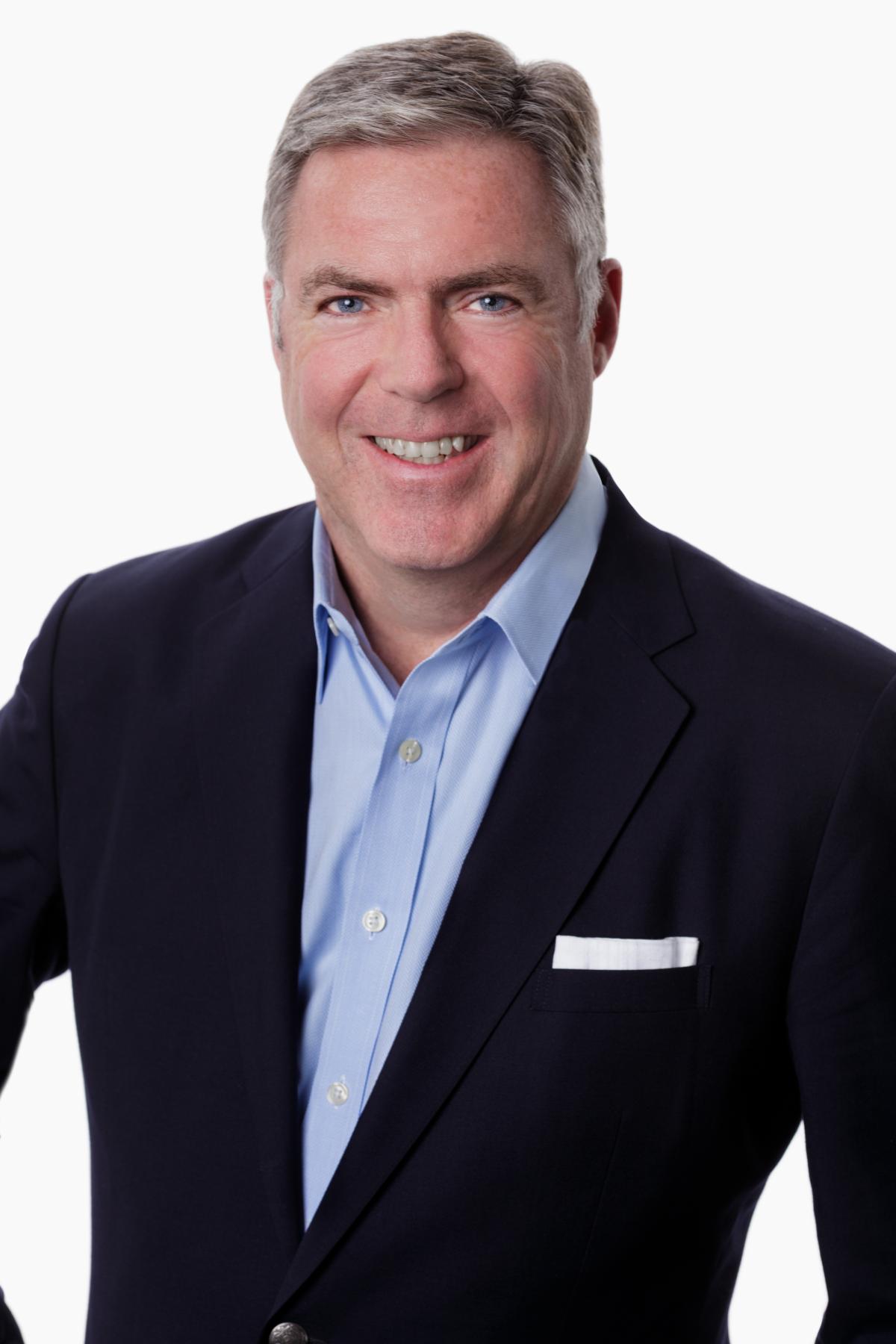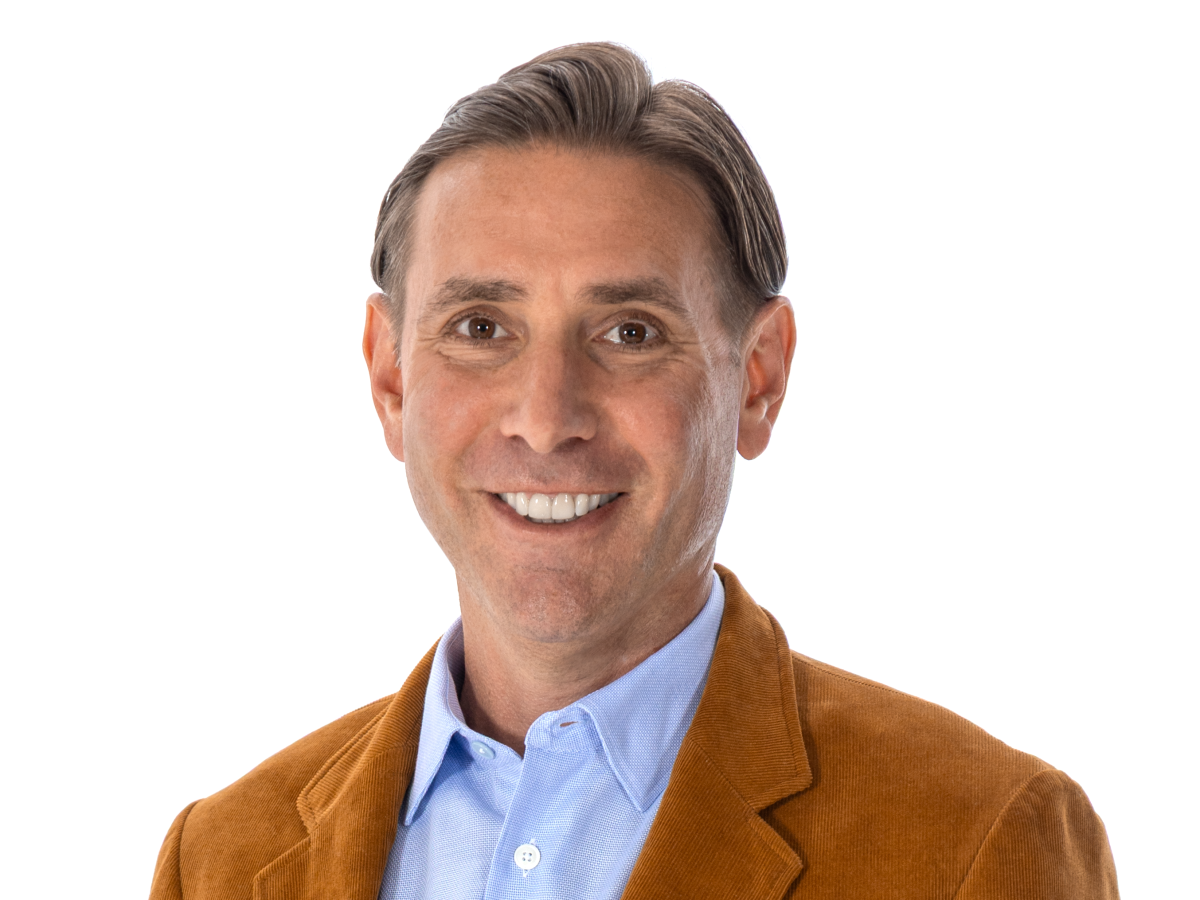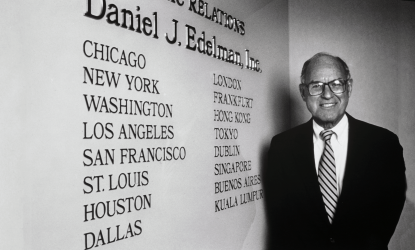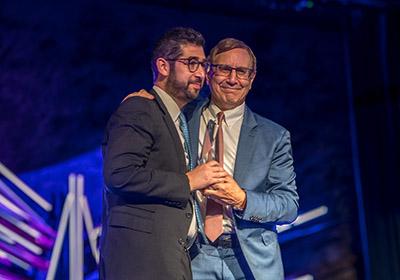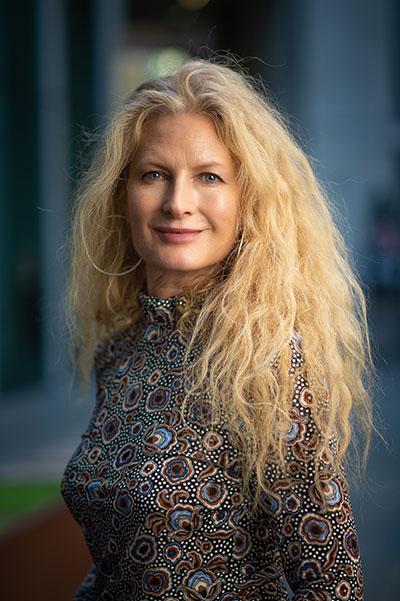Edelman Announces Leadership Evolution & Continued Focus on Strategic Priorities
Matthew Harrington Named Executive Vice Chairman
Mainardo de Nardis Named Global President and Chief Operating Officer
Brian Buchwald Named President, Global Transformation and Performance
NEW YORK October 6, 2025 — Edelman today announced a series of senior leadership appointments that will accelerate the firm’s strategic agenda. Matthew Harrington has been named Executive Vice Chairman, Mainardo de Nardis has been appointed Global President and Chief Operating Officer, and Brian Buchwald will serve as President, Global Transformation and Performance.
“These leadership appointments mark an important new chapter for Edelman as we double down on innovation, global growth, and trust,” said Richard Edelman, CEO. “Each of these leaders brings unique strengths that will help us move forward in a rapidly changing communications landscape. Their focus will be on delivering greater impact for our clients, strengthening our internal operations, and driving the firm’s ongoing transformation and innovation.”
Matthew Harrington Named Executive Vice Chairman
A 41-year veteran of the firm, Harrington has held several key leadership roles, including U.S. CEO, and most recently served as Global President and Chief Operating Officer. In his new role as Executive Vice Chairman, he will concentrate on strengthening relationships with Edelman’s largest global clients, serving as senior counselor to C-suites and boards. Harrington has advised some of Edelman’s most important clients, including Samsung, Microsoft, eBay, and Starbucks, guiding them through pivotal moments and transformation.
“Matt has been my partner for more than four decades and a key force in our success and trajectory over that timeframe. He has helped our firm, and our clients navigate defining moments, including 9/11, the 2008 financial crisis and the recovery from Covid,” said Edelman. “Through his work as a client and CEO counselor, he has helped elevate the role and strategic significance of communications. His global perspective, deep relationships, and steady leadership make him uniquely suited to strengthen our most important client partnerships and drive growth across the network. I am grateful that our clients and our leaders will continue to benefit from Matt’s contributions in this next phase of his distinguished career.”
“I look forward to this next chapter and the opportunity to focus on my passion – what has kept me deeply engaged over my tenure – counseling our clients,” said Harrington. “It has been an honor to serve as COO these past 14 years and I’m grateful to Richard, our leadership team and many colleagues for making it so rewarding. I’m excited about Edelman’s ability to continue shaping the future of communications at this transformational time.”
Mainardo de Nardis Named Global President and Chief Operating Officer
de Nardis, a member of Edelman’s board of directors for the past five years, brings decades of experience in global media and communications leadership. As Global President and COO, he will focus on driving client growth and strong financial performance, guiding global strategy, and ensuring consistency and excellence across Edelman’s worldwide network. His remit includes strengthening the firm’s operating model to support sustainable, profitable growth while extending Edelman’s cultural and industry impact.
He previously served as Executive Vice Chairman of Omnicom Media Group and CEO of OMD Worldwide at Omnicom, Global CEO of Aegis Media, and CEO of MEC at WPP, where he also sat on the founding board of GroupM. In recent years, he has served as Chairman, board director, and investor, primarily in the AdTech sector for companies including Vidmob and the AI-powered mobile advertising platform LoopMe. This experience has helped broaden his perspective and deepen his knowledge of technology-driven transformation across industries.
“I’ve known Mainardo for 30 years and he is a seasoned executive who has deep CMO relationships. He knows what they want, and he understands the evolving landscape and the needs of our clients,” said Edelman. “He brings deep conviction to our continued evolution and the power of our global network. As President and COO, he will work with me to chart Edelman’s next phase of growth and extend our leadership in helping clients earn stakeholder trust. Mainardo is a truly global leader who has built his career across Milan, London, and New York.”
“Edelman has a singular role in shaping trust between companies, brands, and society,” said de Nardis. “I look forward to working across the entire global network to help guide our strategy, deepen relationships with clients and communities, and extend Edelman’s cultural impact while ensuring the firm thrives during this exciting period of transformation.”
Brian Buchwald Named President, Global Transformation and Performance
Buchwald joined Edelman three years ago to help build out the firm’s suite of Trust products and services. He has since been elevated to Global Chair of Product and AI, leading efforts that have firmly established Edelman as a pioneer in the use of artificial intelligence within the communications sector. In his new role, he will drive the firm’s modernization of its service delivery model and operationalize its innovation agenda as Edelman escalates its integration of AI and technology to deliver increased value to clients. He will report to de Nardis. “Brian is a rare talent who has put us far ahead in AI,” said Edelman. “He is operationalizing the technology across teams and workflows in a way that reflects real cultural and capability shift. His early work to redefine the value of earned media and to initiate a new flywheel approach has already helped us take marketing spend from ad agencies and reshaped how we think about communications.”
“We are at a once-in-a-generation moment for our industry,” said Buchwald. “I am proud of the groundbreaking work our teams have done to apply AI and data-driven insights to client challenges, and I look forward to helping Edelman lead the way in defining what transformation means for communications and for trust.”


